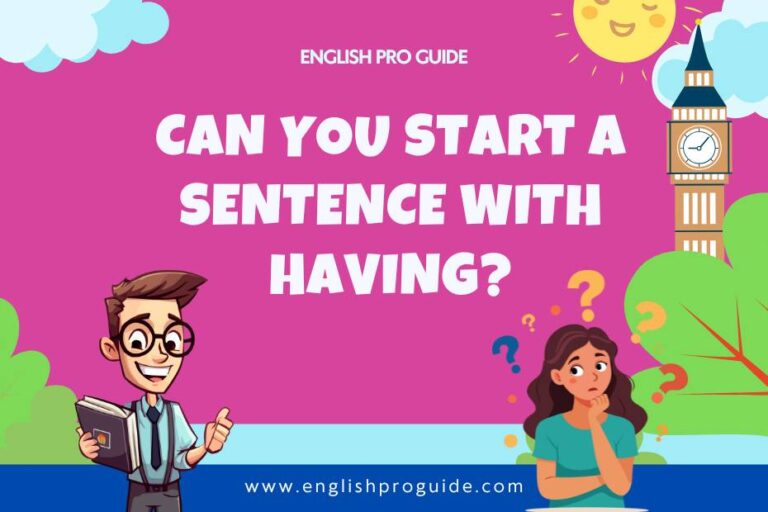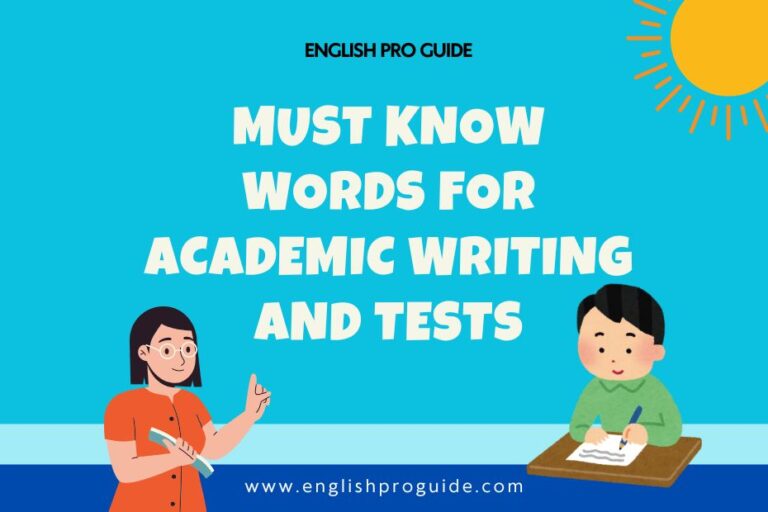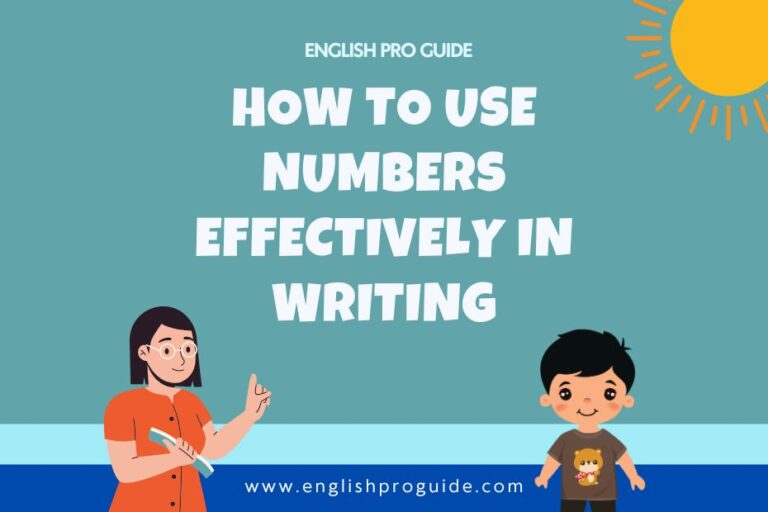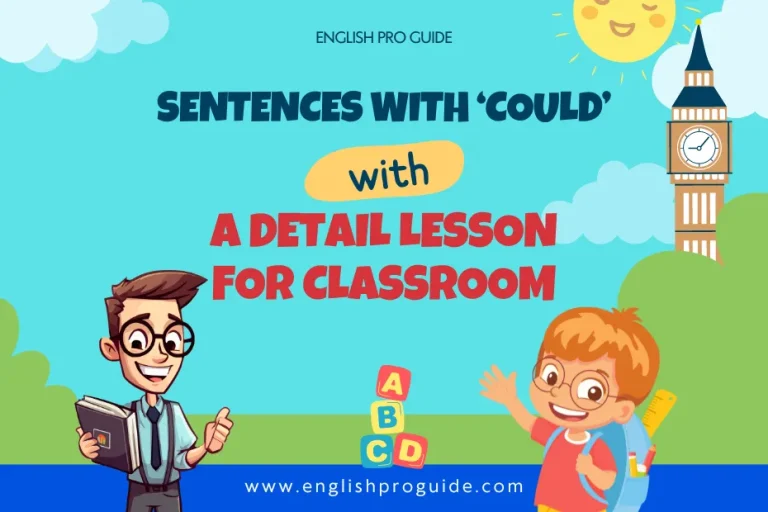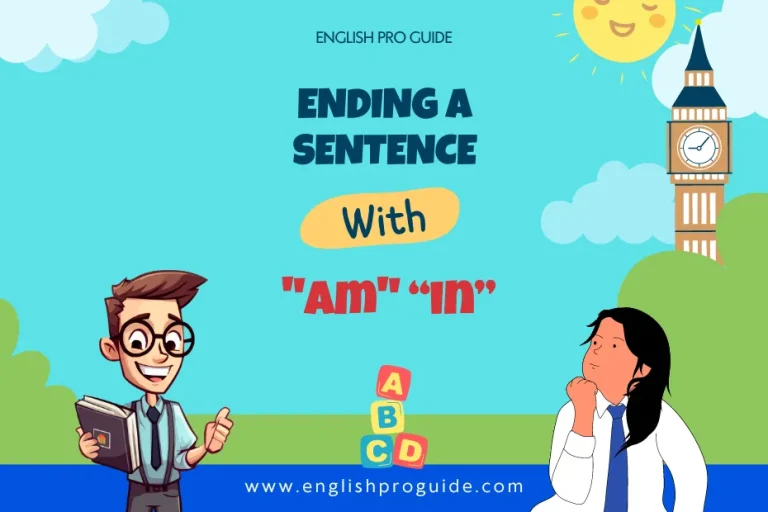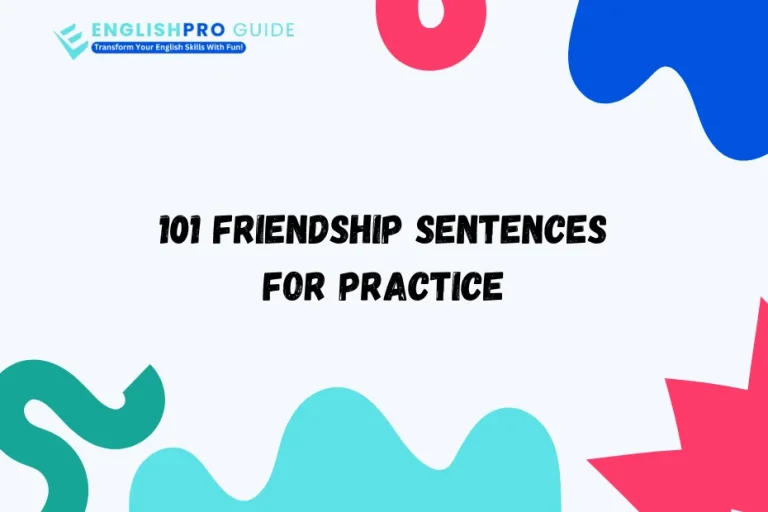Teach Kids English with These 20 Fun Poetry
Spark laughter and learning with these 20 funny poems for kids. Perfect for parents and educators to teach English vocabulary in a fun, engaging way!
Learning English doesn’t have to feel like homework!
Whether you’re a parent looking for creative teaching tools, an educator aiming to capture your students’ attention, or a language learner yourself, humor can make learning effective and fun.
Poems are the perfect medium for this—they’re rhythmic, memorable, and inherently playful.
This post shares 20 funny poems to help kids learn English vocabulary, alongside tips and resources to make language learning a delightful adventure.
Get ready to inspire a lifelong love for words and language!
Why Humor Makes Learning More Effective for Kids
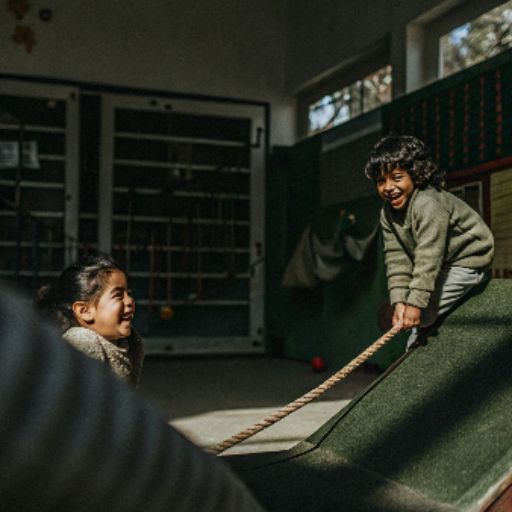
Kids learn best when they’re having fun—a fact backed by research. Humor creates a relaxed, engaging environment, reducing stress and making kids more receptive to new information.
Laughter boosts memory, which means learning vocabulary through funny poems not only keeps kids entertained but also helps them retain new words better.
The Importance of Building English Vocabulary Early
Strong vocabulary skills during childhood build the foundation for effective communication, better reading comprehension, and overall academic success.
A rich vocabulary prepares kids to express themselves, understand others, and excel in future learning. For non-native speakers, a strong vocabulary becomes even more crucial as a bridge to fluency.
How Poetry Enhances Language Learning for Kids

Poetry is like music for language learners. It combines rhythm, rhyme, and repetition, making it easier for kids to grasp new words and remember them.
Plus, poems expose kids to language patterns, idiomatic expressions, and cultural nuances.
This makes poetry an excellent tool for building not just vocabulary, but also a deeper understanding of language.
Read More: Old But Easy 15 Nursery Rhyme Poems For Kids
Our Selection Criteria for These Poems
Not every poem will work—some can feel boring, dated, or too complex for young learners.
Here’s how we curated our list of funny poems to combine educational value and entertainment effectively:
- Relatable Themes that kids can connect with—silly situations, school antics, or talking animals
- Vocabulary Building with plenty of descriptive, playful, or action-oriented words
- Engaging Rhythm and Rhyme to make the poems easy to memorize and repeat
- Humor that’s age-appropriate and elicits a giggle (or a rolling belly laugh)
20 Funny Poems for Kids to Learn English Vocabulary
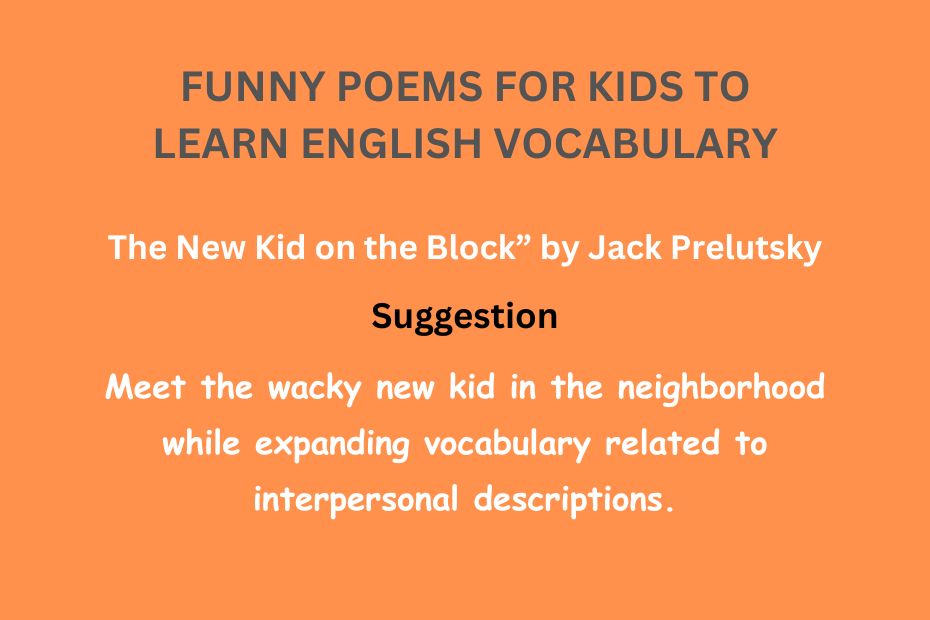
Here’s our curated list of short and funny poems to spark curiosity, build vocabulary, and inspire laughter.
1. “Bleezer’s Ice Cream” by Jack Prelutsky
A delightful poem about outrageously weird ice cream flavors (think pickled eel and cotton candy). What kids learn? Fun adjectives describing food!
Read full poem: https://poets.org/poem/bleezers-ice-cream
2. “My Dog Ate My Homework” by Kenn Nesbitt
Classic “dog vs. schoolwork” humor with relatable vocabulary tied to school life.
Read full poem: https://poetry4kids.com/poems/my-dog-ate-my-homework/
3. “Mrs. Mitchell’s Underwear” by Darren Sardelli
This poem skips embarrassment and dives headlong into hilarity. The playful language is great for teaching descriptive words!
Read full poem: https://www.ranker.com/list/short-poems-for-kids/ranker-books
4. “The New Kid on the Block” by Jack Prelutsky
Meet the wacky new kid in the neighborhood while expanding vocabulary related to interpersonal descriptions.
5. “Table Manners” by Gelett Burgess
Learning dinner table etiquette can be funny! Kids laugh while understanding table-related words.
6. “A Naughty Little Comet” by Ella Wheeler Wilcox
A whimsical comet learns to “behave.” A great way to introduce space-themed words!
7. “Dr. Seuss’s ABC” by Dr. Seuss
From Aunt Annie’s alligators to mischievous Zizzer-Zazzer-Zuzz, Dr. Seuss makes alphabet learning amusingly weird.
8. “Stuck at the Zoo” by Kenn Nesbitt
This poem narrates wild experiences at a zoo. Expect animal action words galore!
9. “Homework! Oh, Homework!” by Jack Prelutsky
A humorous ode to hating homework. Perfect for relatable school vocab and emotive learning.
10. “Custard the Dragon” by Ogden Nash
Clever rhymes tell the tale of Custard, a cowardly dragon. Introduces kids to fantastical and descriptive words.
11. “The Crocodile” by Roald Dahl
What happens when a sneaky croc meets his match? A tale filled with animal-related vocabulary.
12. “I’m a Fairy” by Gareth Lancaster
A hilarious poem with unusual fairy characters and magical-themed words.
13. “Daddy Fell into the Pond” by Alfred Noyes
Kids (and adults) will chuckle at this slapstick tale featuring lots of action verbs.
14. “There Was an Old Woman Who Swallowed a Fly”
Absurd and repetitive, this traditional rhyming poem builds vocabulary through cumulative storytelling.
15. “The Dentist and the Crocodile” by Roald Dahl
A dentist learns humility in this wry tale. Perfect for teaching dental and crocodilian terms!
16. “Smart” by Shel Silverstein
The hilarious story of a kid trading coins teaches logic, money, and math-themed language.
17. “Elephants All Go to the Zoo” (Anonymous)
Great for introducing zoo-themed nouns in a playful, rhythmic manner.
18. “Revolting Rhymes” by Roald Dahl
Traditional fairy tales with a comedic twist. These are perfect for advanced vocab or fun group recitation.
19. “Boats Sail on the Rivers” by Christina Rossetti
Introduce water- and travel-related words through childlike exploration.
20. “I Bought a Pet Banana” by Kenn Nesbitt
A banana as a pet? That’s as weird and amusing as it gets. The poem is rich with fruity vocabulary.
Read More: Short Rhyming Poems That Are Funny For Kids
Tips for Parents and Educators
Here’s how to make the most of these poems for vocabulary learning:
- Read Aloud for better pronunciation and rhythm recognition.
- Act it Out to make learning physical and memorable. Encourage kids to mimic scenes like swallowing a fly or walking like a dinosaur.
- Repeat and Engage by asking kids to identify unfamiliar words and guess their meanings. Use rhymes to reinforce word recognition!
- Create Your Own Verses to make learning collaborative and creative.
Additional Resources for Vocabulary Learning
If you’re looking for more resources to complement these poems, here are some suggestions:
- Books like “Where the Sidewalk Ends” by Shel Silverstein
- Apps and Games like DuoLingo Kids and WordScapes
- Websites like Poetry4Kids by Kenn Nesbitt, which has endless reading options
Inspire a Lifelong Love for Words
Funny poetry is more than just a learning tool—it’s a gateway to creativity, laughter, and self-expression.
Using humor, rhythm, and rhyme, you can make English vocabulary fun and memorable for kids.
Which of these poems will you try first?
Share this post with other parents and educators who love making learning fun, and don’t forget to download our free list of kid-friendly vocabulary games to take their language skills to the next level!

